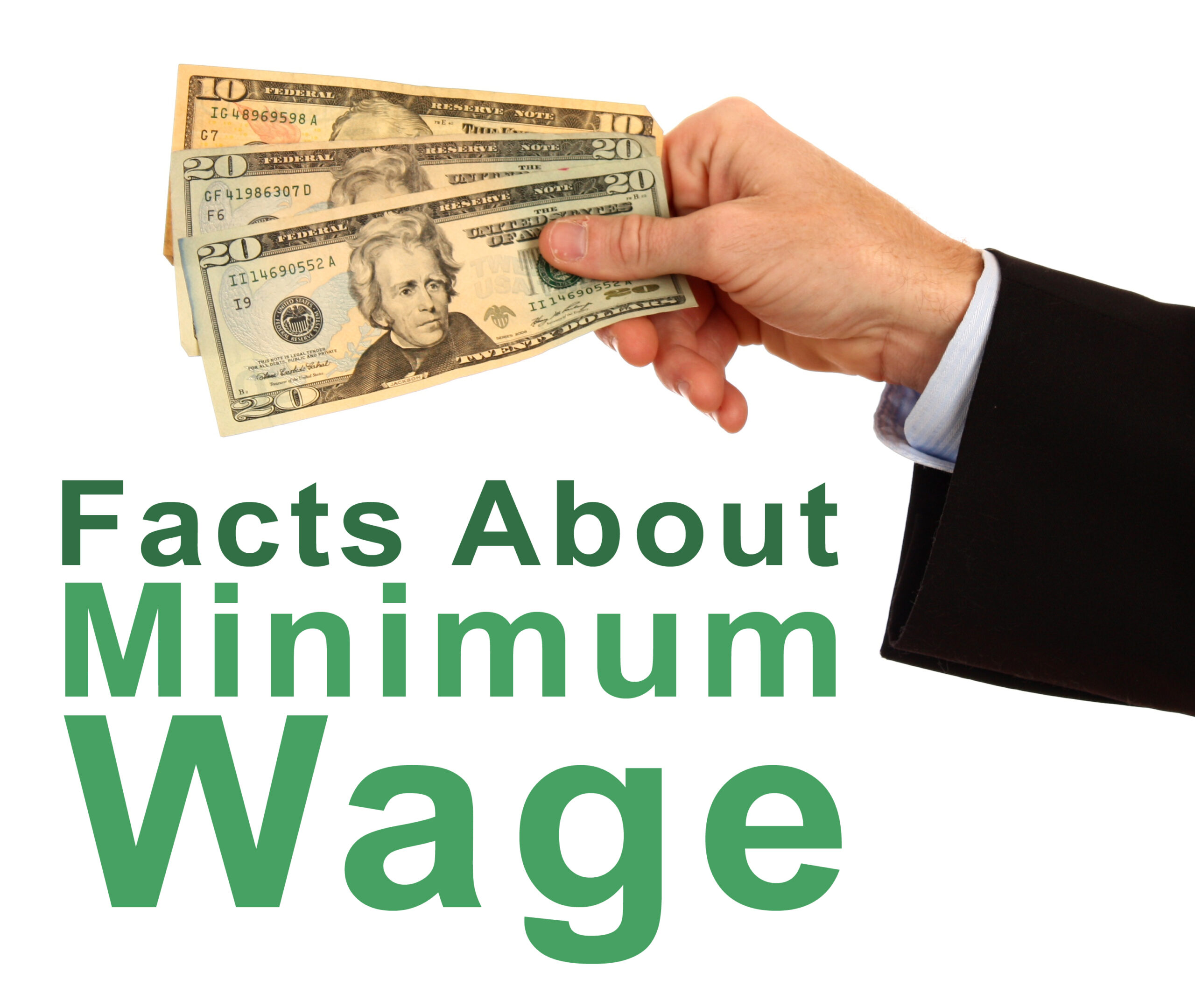Raising the minimum wage for US employees has given rise to debates among politicians and economists. What are the pros and cons of raising minimum wage in the United States? Let’s look at some of the facts and issues behind the minimum wage increase.
Raising the minimum wage in the United States has been a controversial issue for the US economy. Politicians and economists have been debating this issue and raising all kinds of questions. Will it slow our economy? Will it mean fewer jobs? Will it have a negative effect on the economy?
History of the minimum wage
 If we look at the history of the minimum wage, the first minimum wage law was passed in New Zealand in 1894. Since then, many other countries of the world have adopted similar laws.
If we look at the history of the minimum wage, the first minimum wage law was passed in New Zealand in 1894. Since then, many other countries of the world have adopted similar laws.
The law was established in order to raise standard of living of the common workers and to bring them out of poverty. The goal was to ensure that people are paid properly for their work. Minimum wage also protects younger workers and minorities from being paid less than others to some extent. However, some have argued that it doesn’t really do so.
Controversies with the minimum wage
On one hand, people have been saying that living expenses are going up, so minimum wage must also be raised. On the other hand, opponents are saying that high employment costs leads to unemployment or loss of jobs.
When The US Federal Government decides to raise the minimum wage, the rates are not established randomly. “In fact, they are the result of much research in the areas of economics, standard of living and inflation. Labor supply and the effects of rising unemployment are also considered when establishing minimum wage. “ – Minimum Wage Debate | Debate.org
Noah Smith of Bloomberg View wrote in – Finally an Answer to the Minimum Wage Question, that the “In theory, a higher minimum wage should cause increased unemployment. Imagine raising the minimum wage to $25,000 an hour. No employer could afford to pay that, so unemployment would skyrocket, and the only jobs left would be under the table.”
Problems with minimum Wage
The minimum wage was set in order to raise the standards of living, ensure proper payment and to reduce poverty especially among the minorities. But according to the Chron.com article, Problems With Minimum Wage, opponents cite several major problems with the minimum wage system, which are given below.
 Unemployment: Some economists suggest that the minimum wage imposes a wage floor that prices cheap labor out of the market, reducing the pool of low-wage jobs.
Unemployment: Some economists suggest that the minimum wage imposes a wage floor that prices cheap labor out of the market, reducing the pool of low-wage jobs.
- Welfare and Work Incentive: Minimum wages affect a person’s willingness to work when the unemployment benefits are more than the paycheck.
- Limited Anti-Poverty Benefit: Higher minimum wage may cause employers to cut back on the number of workers or the hours, this would increase the poverty rate.
- Effect on Minorities: some experts suggest that the rise in minimum wage might actually harm the minorities that they were designed to support. In general, minority population is the “low-productivity” workers lack the skills, training, education, and experience to hold the high paying jobs.
- Reduced Training Opportunities: Increasing the minimum wage actually puts low-skill work into an artificially high floor, which actually reduces their chances of learning and training for new job skills, says James Liebler of the Future of Freedom Foundation. “Instead of raising their income, the actual effect of the law is to cut off the bottom few rungs of the employment ladder, rendering it harder for low-skilled workers to achieve moderate-paying jobs,” he said, in a 1995 study.
(Source: Chron.com, Problems With Minimum Wage)
Unemployment – a myth or reality?
 All employers in the United States must follow the federal minimum wage law. Researches show that with a few exceptions of extreme cases, the minimum wage raise by just a few dollars an hour does not really have much of an effect on employment.
All employers in the United States must follow the federal minimum wage law. Researches show that with a few exceptions of extreme cases, the minimum wage raise by just a few dollars an hour does not really have much of an effect on employment.
“But despite this evidence, there are dissenters. Two of the most prominent are economists David Neumark and William Wascher, whose own numerous papers show a large negative employment effect of the minimum wage. These economists claim that while many studies show little effect, the more credible studies (including their own) show a bigger impact. “ – Noah Smith of Bloomberg View.
“Businesses are not charities and that they only create jobs when they think a worker will generate net revenue. Higher minimum wages … are especially destructive for people with poor work skills and limited work experience. This is why young people and minorities tend to suffer most.” – Daniel Mitchell of the Cato Institute, a libertarian think tank
Want to help our economy? Why not start your own business? We show you how. Click Here to Get Your Free eBook to Unleash the Entrepreneur in You! To learn more about how to start a business, give us a call at 303-495-3705 or Click Here book a meeting with us.
We’d love to hear from you, so please leave a comment in the comment box below. We’d also appreciate your comments on our Facebook page.
Source: Institute of Ecolonomics
Related Articles and Resources:
- An Update of the United States Economy | Institute of Ecolonomics
- Finally, an Answer to the Minimum Wage Question – Bloomberg View
- Problems With Minimum Wage | Chron.com
- Proof That Raising The Minimum Wage Will Increase Unemployment
- Raising Minimum Wage Is Not The Answer
- Minimum Wage Debate | Debate.org
- The Job Loss Myth | Raise The Minimum Wage



